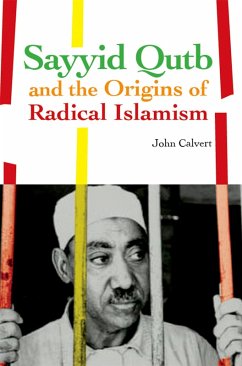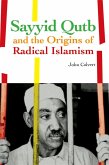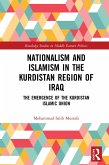Sayyid Qutb (1906-1966) was an influential Egyptian ideologue credited with establishing the theoretical basis for radical Islamism in the post colonial Sunni Muslim world. Lacking a pure understanding of the leader's life and work, the popular media has conflated Qutb's moral purpose with the aims of bin Laden and al-Qaeda. He is often portrayed as a terrorist, Islamo-Fascist, and advocate of murder. This book rescues Qutb from misrepresentation, tracing the evolution of his thought within the context of his time. An expert on social protest and political resistance in the modern Middle East, as well as Egyptian nationalism, John Calvert recounts Qutb's life from the small village in which he was raised to his execution at the behest of Abd al-Nasser's regime. His study remains sensitive to the cultural, political, social, and economic circumstances that shaped Qutb's thought-major developments that composed one of the most eventful periods in Egyptian history. These years witnessed the full flush of Britain's tutelary regime, the advent of Egyptian nationalism, and the political hegemony of the Free Officers. Qutb rubbed shoulders with Taha Husayn, Naguib Mahfouz, and Abd al-Nasser himself, though his Islamism originally had little to do with religion. Only in response to his harrowing experience in prison did Qutb come to regard Islam and kufr (infidelity) as oppositional, antithetical, and therefore mutually exclusive. Calvert shows how Qutb repackaged and reformulated the Islamic heritage to pose a challenge to authority, including those who claimed (falsely, he believed) to be Muslim.
Dieser Download kann aus rechtlichen Gründen nur mit Rechnungsadresse in A, B, BG, CY, CZ, D, DK, EW, E, FIN, F, GR, HR, H, IRL, I, LT, L, LR, M, NL, PL, P, R, S, SLO, SK ausgeliefert werden.









